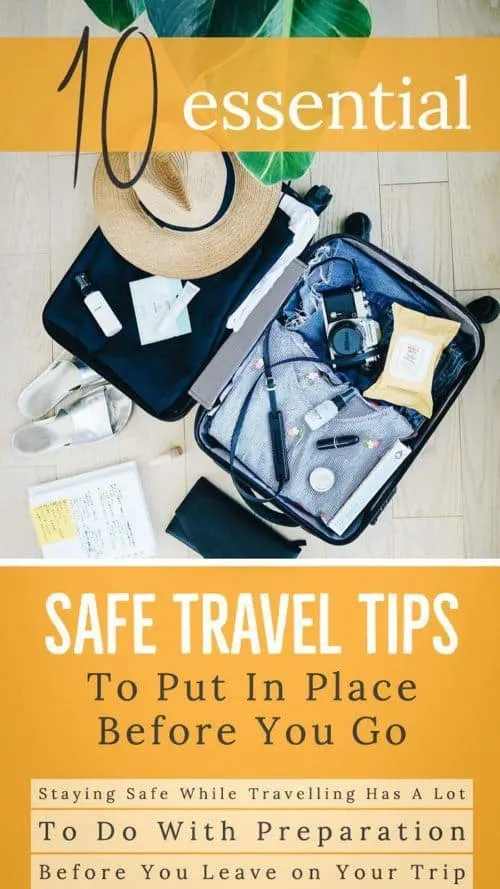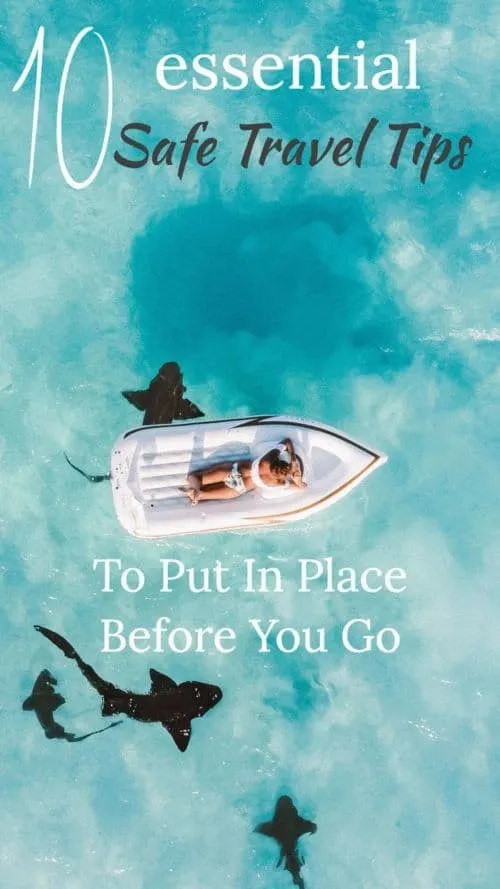Staying safe while travelling has a lot to do with preparation before you even leave on your trip.
These 10 simple travel safety tips to put in place before you go will go a long way to keeping you safe while you travel.
For More Safe Travel Tips: Read Our Safe Travel Guide
Travel Insurance
We are going to start with travel insurance because it is one of the most important aspects of safe travel and something you must arrange before you go.
Sure, travel insurance will help if any of your gear or valuables are lost or stolen. It is also a godsend if any of your travel arrangements change due to cancellations or delays.
Knowing these things are covered is nice. However, when your personal safety is concerned, travel insurance comes into its own.
Having travel insurance means you have the peace of mind of emergency medical and evacuation assistance and round-the-clock support when you need it most. Repatriation is taken care of if required and in some cases, resumption of trip is also covered.
Deter Pickpockets –
Discover the Best Anti-Theft Handbags for Travel & Stylish Antitheft Backpacks for Women.
Buy Your Travel Insurance As Soon As You Book Your Trip
So many people leave buying their travel insurance until just before they leave on their trip. Travel insurance should be purchased the minute you book and pay for your trip.
You will not be covered for trip cancellation if you do not have your insurance in place.
Even if your trip is months out, still have the insurance in place. A lot can happen that may cause you to cancel your trip or have to alter your departure date.
As long as you have a covered reason which is a valid reason listed in the travel insurance policy for cancelling or interrupting your trip, you are covered.
Some of the covered reasons for trip cancellation/ interruption can include:
(These will vary with each insurance policy and are just an indication of possible reasons.)
- You suffer from injury or illness.
- Death, injury or illness of your travel companion, family member, or business partner.
- A natural disaster strikes the destination.
- Bankruptcy or financial default of the travel company.
- Terrorism or mandatory evacuation at the destination.
- Death or hospitalisation of the host at your destination.
- Jury duty, a required court appearance, or military redeployment.
- Required to work, terminated, or transferred.
Photograph Your Valuables and Record Serial Numbers
Photograph and record all valuables you intend on taking with you on your trip before you leave. Record all makes, models, serial numbers and purchase receipts where applicable. This applies to:
- All electronic equipment including cameras, phones, laptops etc.
- Any jewellery or watches.
- Anything you deem to be valuable and claimable on insurance.
Keep the information stored in a place, such as an email or online space that can be accessed while you are away.
If you do find yourself in a situation where something is lost or stolen, you will have all the details and proof of ownership for the local police and the insurance report.
The MyGearVault App is a concept designed for professional photographers to catalogue and organise all of their equipment and its information including serial numbers and purchase receipts.
It is not just limited to camera gear; you can load any item into the app, so you have all your information in one place should you need it.
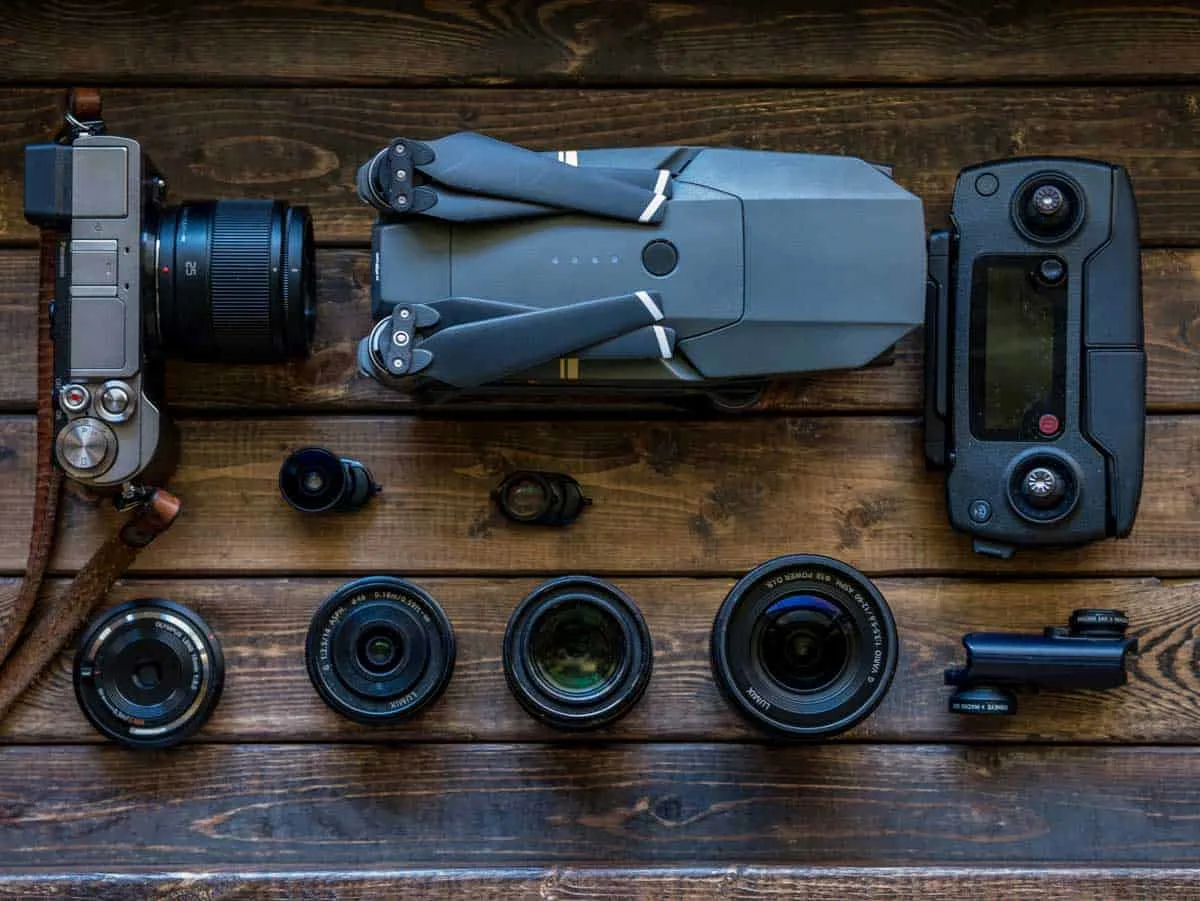
Scan a Copy of Your Passport and Important Documents
Before you leave, scan a copy of your passport, visa and any other important documents and email them to yourself. You can also photograph them to save to your cell phone.
Having an electronic copy of your passport means you can leave it in the hotel safe while you are out and about and you still have the details if you need them. Also, getting a replacement will be easier if your passport is lost or stolen.
Record Credit Card Details
The same goes for credit cards. Record the details of any credit cards you will be travelling with and store them somewhere safe, but where you can quickly access in an emergency such as an email to yourself or in secure cloud storage.
It will be easier reporting lost or stolen cards to the bank if you have all the details on hand.
Never carry all of your credit cards or cash on you when out sightseeing. Always leave a spare credit card and some cash back in the hotel room. Preferably in the room safe or portable travel safe.
Register With Your Embassy
Many countries have a program that allows residents to register their travel plans with the embassy. In the event of an emergency whether it’s a natural disaster, civil unrest or even an emergency at home, your embassy knows how to contact you to assist.
They will also keep you up to date with the latest safety information of the country you are visiting.
- The US State Department has the Smart Traveler Enrollment Program.
- Canada has Registration Of Canadians Abroad.
- Australia has Smartraveller.
These are free services available to all citizens and nationals living abroad and only takes a few minutes to complete.
Your embassy won’t know to help you in a situation if they don’t know you are there. Check with your local embassy to find out how to register your travel plans.
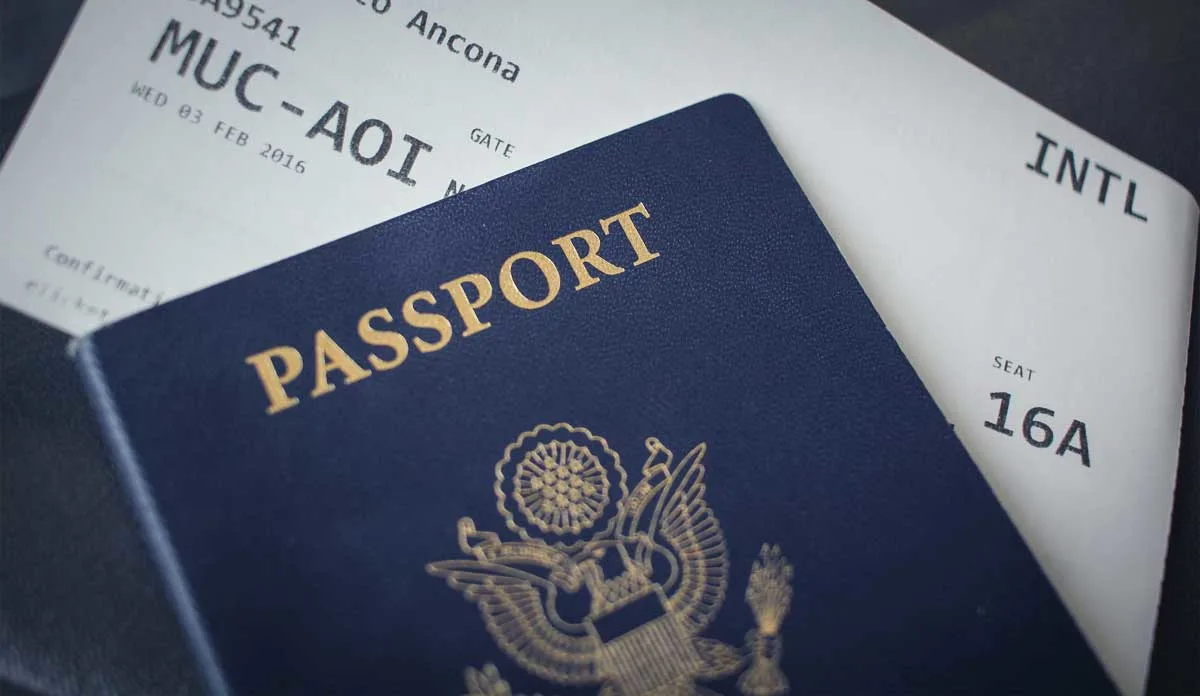
Notify Your Bank of Your Travel Plans
There is nothing more frustrating than being overseas and discovering the bank has frozen your cards. It is the bank’s job to protect your accounts by monitoring and acting on irregular activity. If they don’t know your travel plans how are they to know that withdrawal from the ATM in Singapore was you.
Know Your Banks System
You might be lucky, and your bank has a system of contacting you and going through a process of security checks to unfreeze your accounts. However, it isn’t always that simple.
You may get a notification from the bank to advise you of the irregular activity recorded on your accounts and that all transactions have been put on hold until the situation is resolved, which could take days.
Find Out How to Best Register Your Travel Plans
Most banks have an online service to register your travel plans otherwise pop into your bank and let them know before you go. It also pays to keep the bank in the loop should your plans change while you are travelling. It only takes a few minutes and could save you a lot of grief.
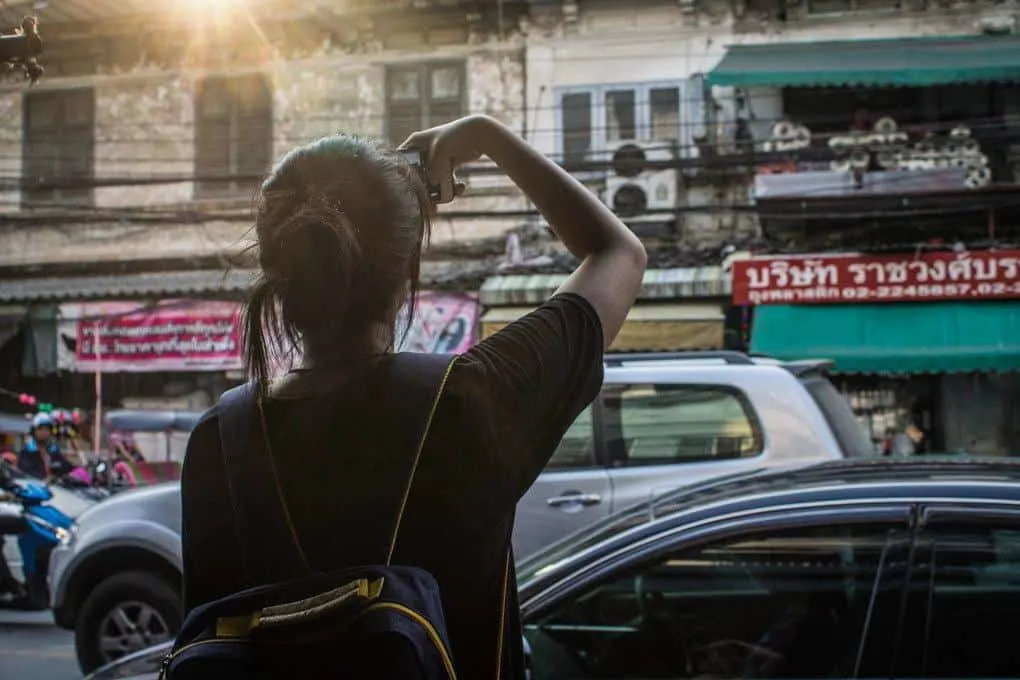
Send Your Itinerary to a Family Member or Friend
Once you have finalised your trip itinerary, send or give a copy to a family member and a friend. It’s also a good idea to check in with them every few days to make sure they know everything is ok.
Obviously, in this day and age, social media can often take care of that. If you are going to be out of range for a few days, let them know. If someone knows what your general plans are, and when you should be back, if they don’t hear from you for a few days after your supposed return, they can help notify the proper local authorities or the embassy.
It’s also helpful if there is an emergency situation where you are travelling, such as a natural disaster or civil unrest, they can notify the embassy if required. It is also nice to know if an emergency arises at home, people know how to contact you.
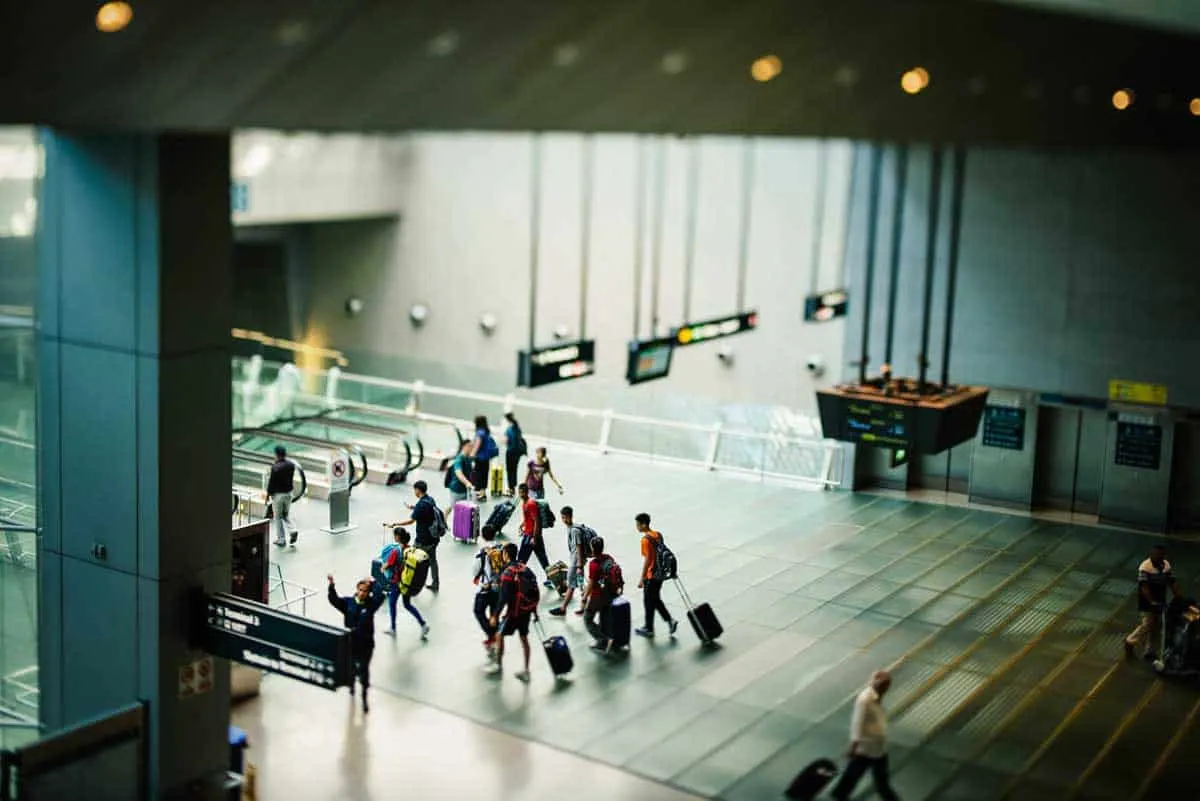
Pack Appropriate Clothing – Blend In
One of the best ways to stay safe when you travel is to blend in. Nothing makes you a target for thieves and scammers more than clothing that screams “Tourist”. The more you can blend in, the less you will attract the wrong kind of attention.
Consider Local Customs
Also, consider the country you are visiting. How you dress in some countries can be offensive or even illegal. While many Islamic countries are conservative in their dress, some have very strict dress code guidelines.
In conservative countries, it is best to err on the side of caution and dress more conservatively yourself. You will still stand out as a foreigner but will attract a lot less attention and hostility than if you blatantly ignore local customs. This is especially so for women travelling in conservative countries.
How to Know What to Wear
If you are unsure of what to pack so you can blend in, do a quick google search of your destination to see current trends. In the case of conservative countries, Wikipedia has a guide to clothing laws by country although it is not overly comprehensive. If in doubt, check the embassy website for the country you are travelling to.
Don’t Stick Out As A Tourist
Read our complete guide on how to dress when you travel to blend in, stay safe and observe local customs.
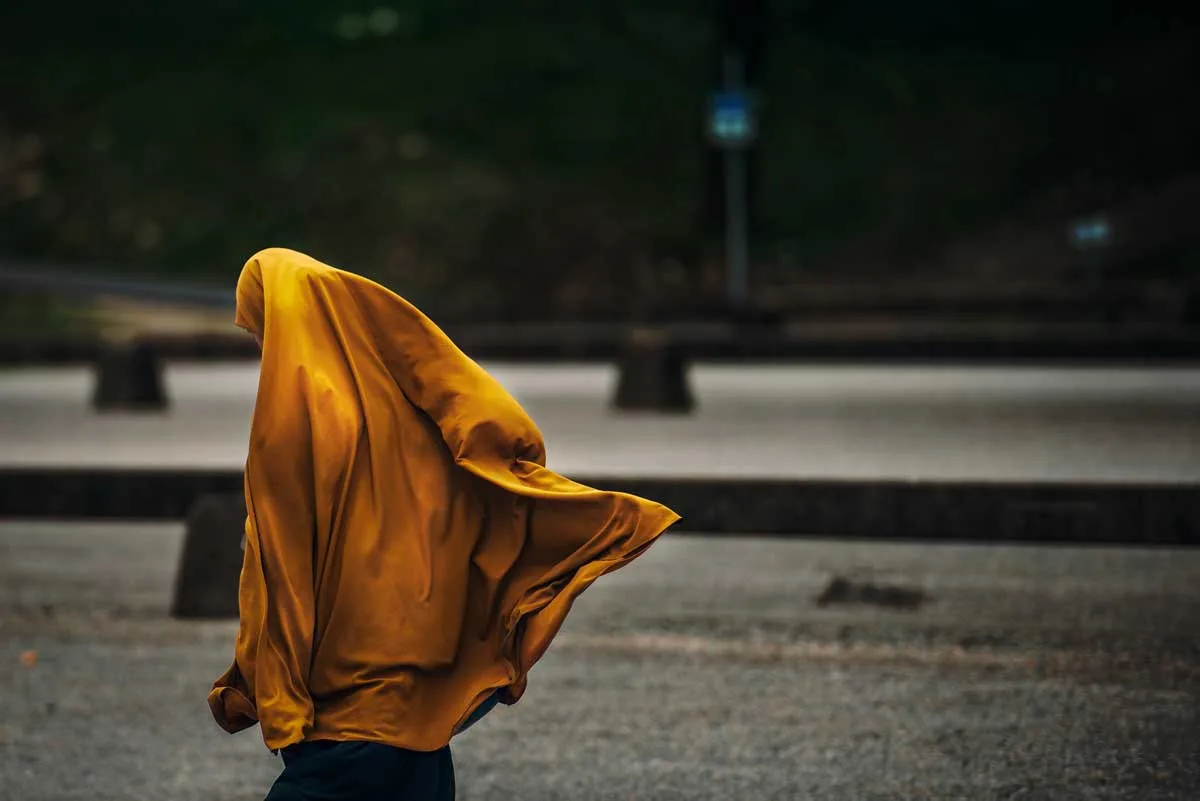
Check the Banned Prescription Medications List
Always check if the country you are visiting or passing through allows the prescription medications you might be carrying. It is very important, especially for people who are reliant on prescription medications.
It is not only illicit drugs that can land you in hot water when travelling. Some countries will enforce harsh penalties if you are caught with medications that are widely available in your own country but banned in theirs.
Things to Check When Travelling With Prescription Medication
Medications such as Tramadol, codeine, even cold and flu tablets that contain pseudoephedrine could be on the prohibited list in the country you are visiting. Some simple precautions before packing any medications could save you from having important medications confiscated or worse.
- Check if it is legal to take your prescription medication to the country you are visiting or travelling through.
- If the prescription drugs you need on a daily basis are banned, contact their foreign embassy before your departure. You may get permission to travel with the medication.
- If you can’t get permission, the embassy or your doctor may recommend an alternative medication you can take.
- Carry a letter from your doctor listing the prescribed medicines and their dose.
- Some countries like the UAE require specific paperwork for the medication you are travelling with. Ensure you have the right paperwork for the country you are visiting.
- Always keep medications in their original bottle or packaging.
- Carry a spare prescription in case you need to get replacement medication.
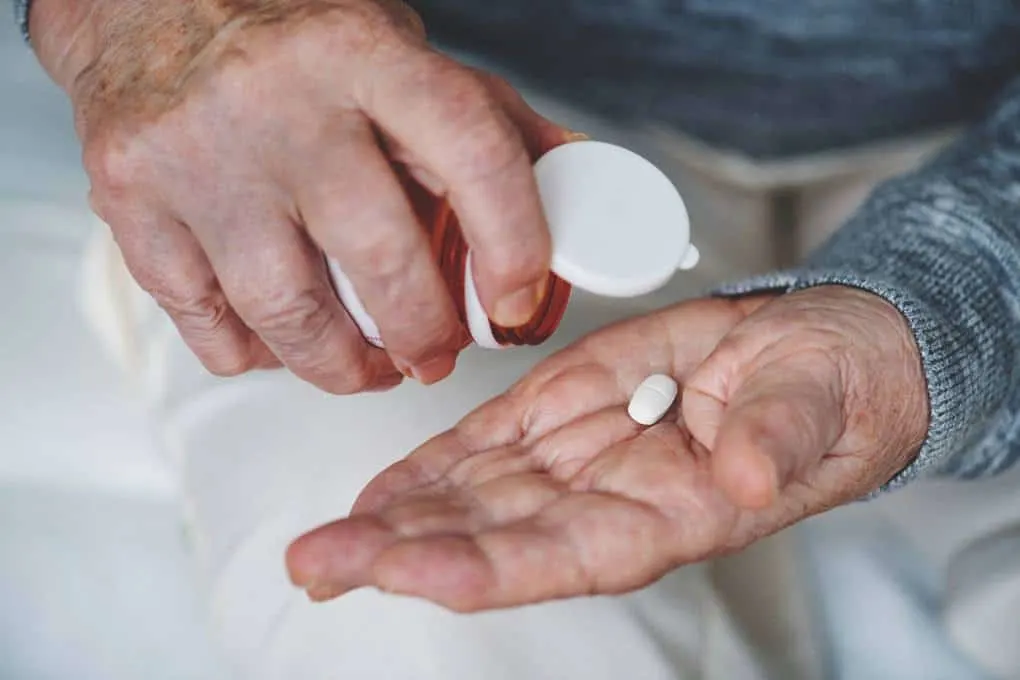
Plan Your Arrival
If you are arriving at your destination late at night, you may want to consider a pre-arranged transfer or booking a car through your hotel to meet you, especially if you are on your own.
Don’t assume that every airport will have loads of taxis available 24 hours a day. Even large international airports can be very quiet in the middle of the night, and this is when the unscrupulous taxi touts will make their move.
If there are taxis, make sure you go straight for the official taxi counters even if you think they seem a little expensive. It could save you a lot in the long run.
No one wants to start their trip being ripped off by a taxi scam or worse, especially in the middle of the night. In some countries, the scam won’t just be an inflated taxi fare.
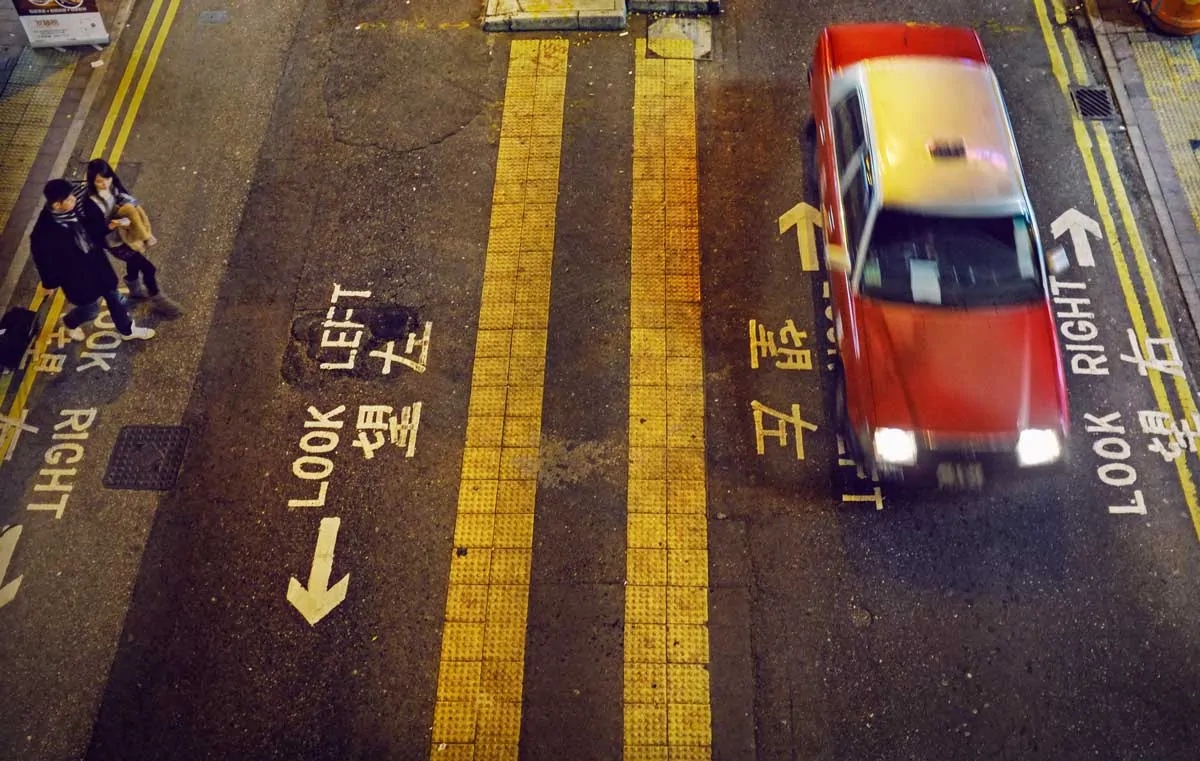
Check Local Scams
So, on that point, it is always a good idea to familiarise yourself with any current scams in the country you are visiting. Scammers are always finding new and innovative ways to target tourists, and it’s easy to be blindsided by one, especially in unfamiliar surroundings.
You may be familiar with some of the tried and true scams that target tourists, but you may not be familiar with new ones which are emerging all the time.
Do a quick google search before you go on common scams in the country you are travelling in. You might be surprised at how many there are. You may have even seen a few in action before without realising it. Here is a list of some of the world’s worst travel scams and how to avoid them.

